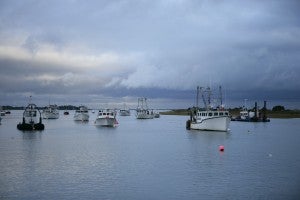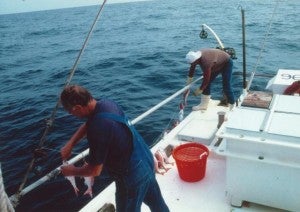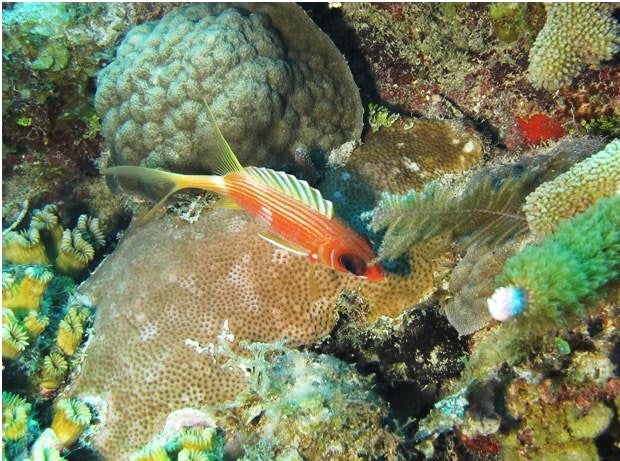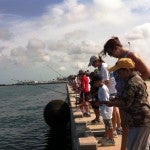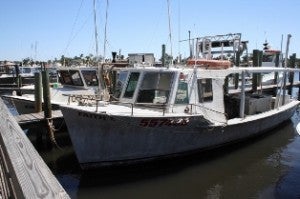 Last night the House and Senate agreed to compromise language on a broad set of initiatives referred to as the transportation bill. Included in this “must-pass” bill is legislation dealing with the Gulf of Mexico oil spill known as the RESTORE Act. There is much to applaud in this bill; for example, it provides important funding for fisheries science and research. It’s too bad it also contains an empty political gesture against a fishery management tool that has benefitted the Gulf’s fishermen.
Last night the House and Senate agreed to compromise language on a broad set of initiatives referred to as the transportation bill. Included in this “must-pass” bill is legislation dealing with the Gulf of Mexico oil spill known as the RESTORE Act. There is much to applaud in this bill; for example, it provides important funding for fisheries science and research. It’s too bad it also contains an empty political gesture against a fishery management tool that has benefitted the Gulf’s fishermen.
The RESTORE Act directs the penalties received by the federal government as a result of the Deepwater Horizon disaster to the affected region, including, at Senator Nelson’s particular insistence, providing funding for research to “support . . . the long-term sustainability of the ecosystem, fish stocks, fish habitat, and the recreational, commercial, and charter fishing industry in the Gulf of Mexico.” At a time of scarce funds and great need, this effort will help the marine resources and fishermen of the Gulf recover from the blow they suffered two years ago.
Unfortunately, the bill also contains a gratuitous slap at the region’s fishermen by prohibiting the use of the funds provided in the bill for the development or approval of new catch share programs along the east coast or the Gulf of Mexico. The catch share language echoes an amendment previously offered by Rep. Steve Southerland (R-FL) – but here it means absolutely nothing given a separate prohibition on using the money for any form of fisheries regulation. Read More »
